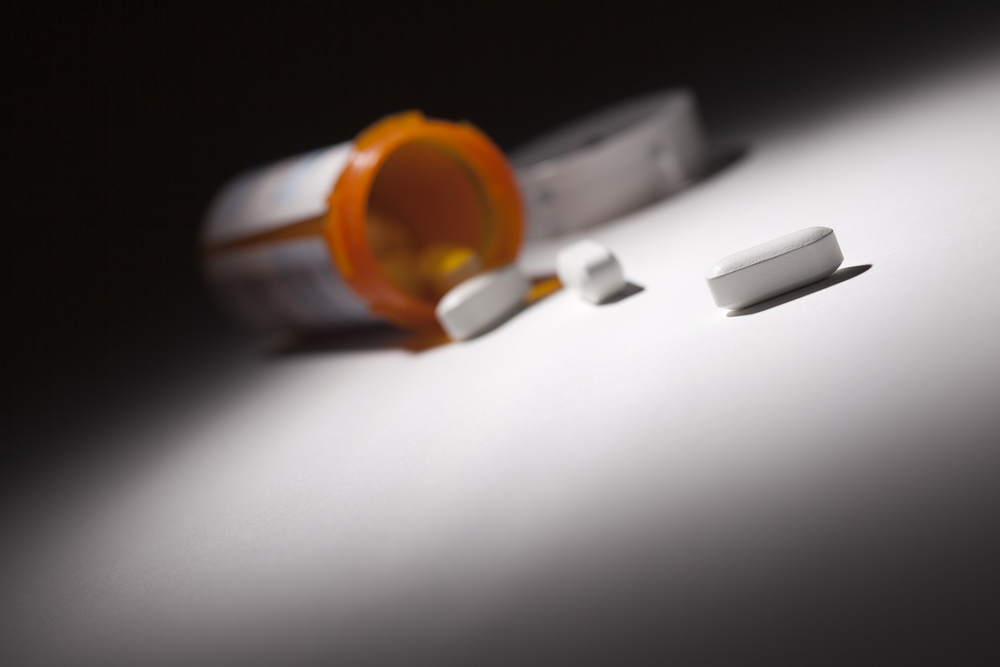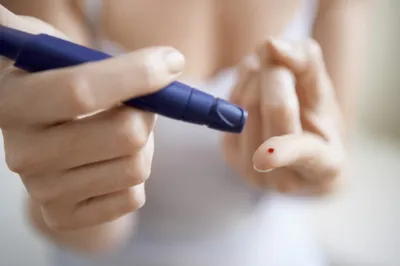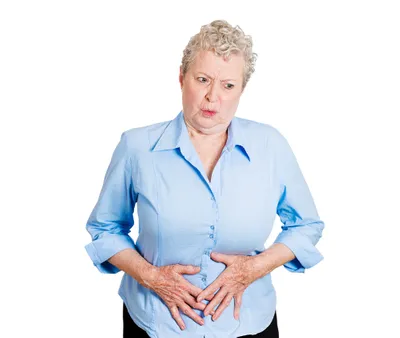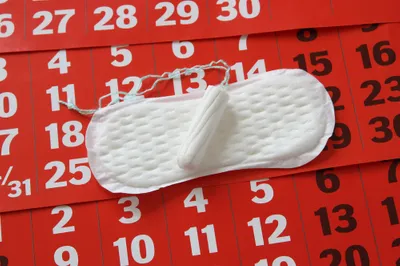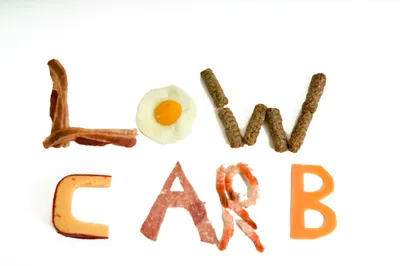The simple fact that the human body is made up of roughly 60-percent water should illustrate the importance of hydration. Everything from a strenuous bout of exercise to drinking too many glasses of wine and not enough water in between can zap your H20 stores. However, there’s more than meets the eye when it comes to staying hydrated.
Here are eight unexpected causes of dehydration…
1. Stress
If you’re under the gun at work or feeling financial strain, it’s likely that your hydration demands will increase along with your stress level. Research out of the University of Connecticut found that the more stress hormones (i.e., aldosterone, a hormone that effects fluid storage) emitted by your adrenal glands—the sooner the adrenals become fatigued, causing fluid and electrolyte depletion.
2. Pregnancy
Your baby demands extra nutrition requirements and you can count hydration among them. Bloating during pregnancy occurs when the body stores water in response to things like morning sickness, and intensified blood and cardiac output—all which take excess effort and zap fluid levels.
3. Prescription Drugs
The reason for your thirst may be right in front of you if you take prescription medication, many of which have diuretic impacts, meaning they cause more frequent urination. Look to the bottle for listed side effects—such as frequent urination, may cause vomiting, or may induce diarrhea.
4. Type II Diabetes
One of the prime symptoms of Type II Diabetes is unquenchable thirst, which often occurs in undiagnosed patients who risk dehydration due to high blood sugar levels. The body’s first response is to eliminate excess sugar via increased urination. If you’re suddenly thirsty for days on end with no explanation (i.e., basking in the sun, increased exercise) you should talk to your family physician.
5. IBS
Irritable bowel syndrome and dehydration kind of go hand-in-hand. Considering the top symptoms of the chronic disorder are explosive diarrhea, nausea, and vomiting, dehydration is pretty much inevitable. Many folks with IBS also eliminate many fiber-rich foods because they are difficult to digest, causing water loss as a result.
6. Menstruation
If you’re extra parched around that “time” of the month, a rise in hormones (namely estrogen and progesterone) or a heavy flow may explain why you feel dehydrated. The extra blood lost during your period can cause low water levels, especially if you notice you need to change your pad or tampon often.
7. Increased Age
As we age, our bodies begin to break down, with a foreseeable decline in skin elasticity, joint and muscle strength, and even fluid conservation. The hydration awareness group, Hydration for Health (or H4H) says that as we age our thirst awareness deteriorates as well, meaning even if you are dehydrated; you might not realize it, which explains why dehydration is among the top 10 reasons for senior hospitalized in the US.
8. Cutting Carbohydrates
You might find yourself reaching for the water pitcher if you’ve recently adopted a low carb diet. Dieticians say that the sudden weight loss experienced with carbohydrate cutting is mainly due to the body shedding it’s vital fluid levels, which are stored alongside carbs. It makes sense that complex carbs—like brown rice, quinoa, oats, and whole grain breads—act like sponges, absorbing fluids and increasing hydration stores.
